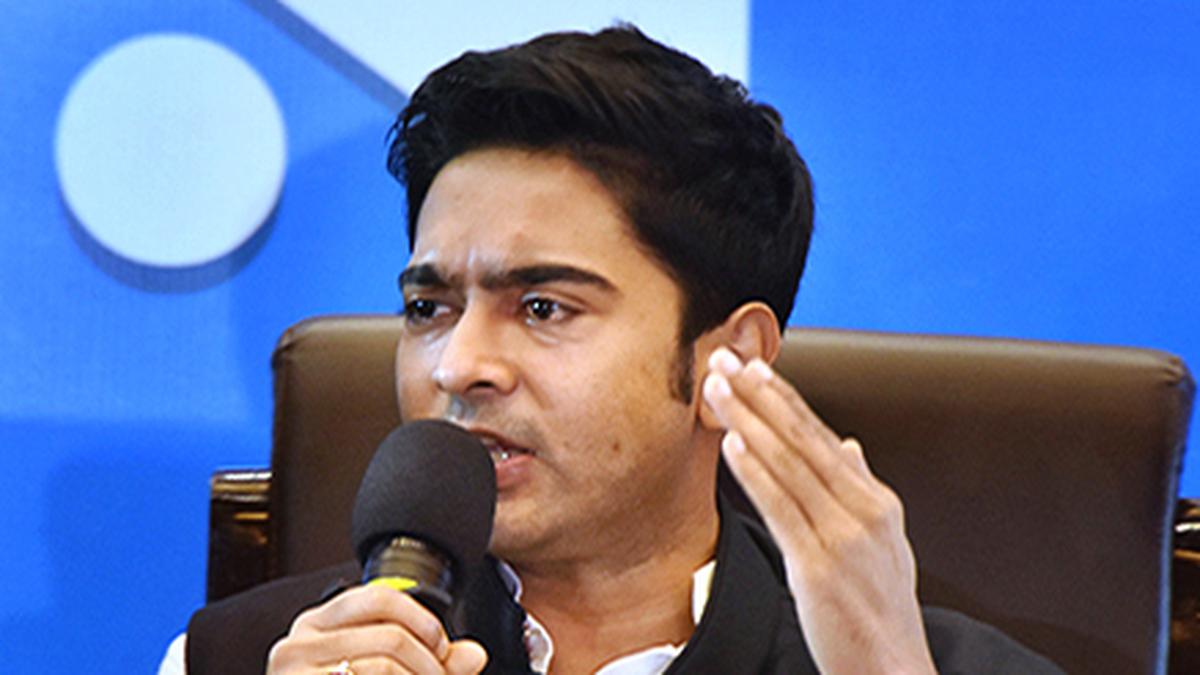
W.B. teacher scam: SC refuses to halt probe against TMC leader Abhishek Banerjee
The Hindu
The Supreme Court on July 10 refused to interfere with the CBI and Enforcement Directorate probe against TMC leader Abhishek Banerjee in the alleged West Bengal teacher recruitment scam, saying it cannot stultify the investigation in the case.
The Supreme Court on July 10 refused to interfere with the CBI and Enforcement Directorate probe against TMC leader Abhishek Banerjee in the alleged West Bengal teacher recruitment scam, saying it cannot stultify the investigation in the case.
A bench of Chief Justice D.Y. Chandrachud and Justice P.S. Narasimha allowed Mr. Banerjee to avail available remedies under the law but refused to interfere with the May 18 order of the Calcutta High Court.
"We are not going to interfere with the impugned order as this would stultify the investigation. Petitioner can avail the available remedies under the law”, the bench said.
On May 26, the top court had stayed the imposition of ₹25 lakh cost on Mr. Banerjee by the high court which had dismissed his plea for recall of its previous order that CBI and ED could interrogate him in the West Bengal school jobs scam cases.
The top court had however not stayed part of the high court order which had said the central probe agencies could quiz the Trinamool Congress general secretary in connection with these cases.
Abhishek Banerjee is the nephew of TMC supremo and West Bengal Chief Minister Mamata Banerjee.
The Calcutta High Court had dismissed a petition filed by Mr. Banerjee, a Lok Sabha MP, seeking recall of its previous order which said probe agencies such as the CBI and ED could interrogate him in the case related to the scam.













